Speculation And Predictions: Who Will Be The Next Pope?
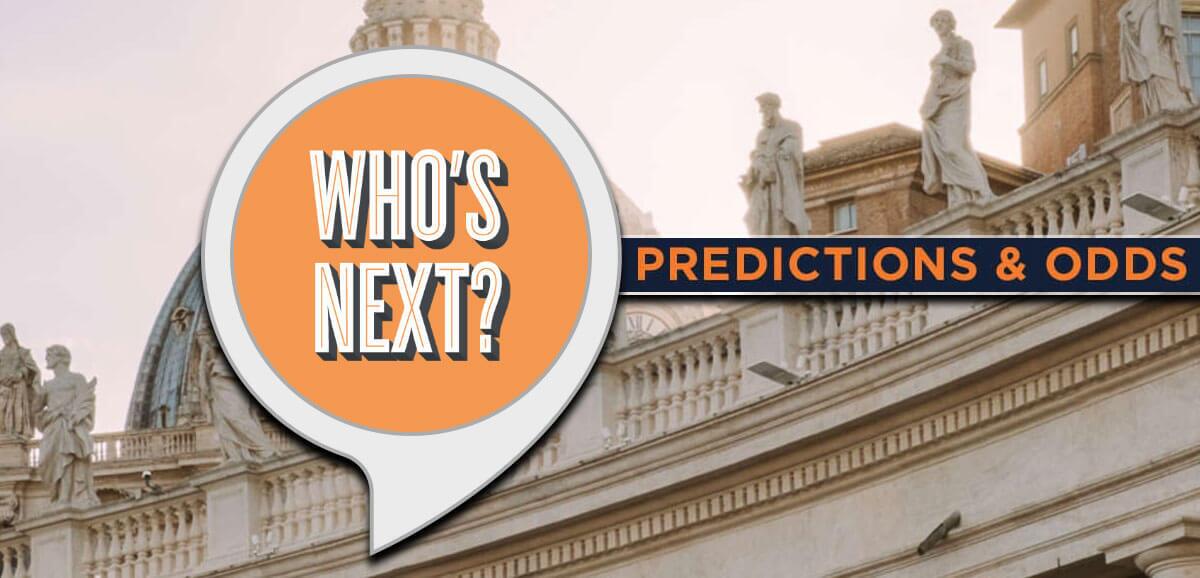
Table of Contents
Potential Candidates: Profiling the Leading Cardinals
Predicting the next Pope is a complex undertaking, akin to navigating the intricate corridors of the Vatican itself. Several Cardinals stand out as potential candidates, each bringing a unique blend of experience, theological perspectives, and political acumen to the table.
Cardinal Gerhard Ludwig Müller
Cardinal Gerhard Ludwig Müller, a German theologian, is known for his staunchly traditional views on doctrine and his unwavering commitment to orthodox Catholic teachings.
- Key Accomplishments: Served as Prefect of the Congregation for the Doctrine of the Faith under Pope Benedict XVI, authoring numerous theological works.
- Known Theological Positions: Emphasis on traditional morality, strong defense of Church teachings on marriage and family.
- Potential Support Base: Likely to garner support from more conservative factions within the College of Cardinals. However, his outspokenness might also alienate some.
Cardinal Pietro Parolin
Cardinal Pietro Parolin, the current Vatican Secretary of State, represents a more moderate and diplomatic approach. His extensive experience in international relations positions him as a potential bridge-builder within the Church.
- Key Accomplishments: Successfully navigated complex diplomatic situations, including the restoration of relations with China.
- Known Theological Positions: Advocates for a more inclusive and pastoral approach, emphasizing dialogue and understanding.
- Potential Support Base: His diplomatic skills and experience make him a strong contender, attracting support from various factions within the College of Cardinals.
The Importance of Geographic Diversity and Global Representation in the Next Pope Selection
The selection of the next Pope is not just a matter of theological considerations; it's a deeply political and geographical event. The Catholic Church is a global entity, and the choice of the next leader significantly influences its global outreach and impact.
- Examples of Popes from Different Regions: Pope John Paul II (Poland), Pope Francis (Argentina) – demonstrating the evolving global nature of the papacy.
- Challenges of Balancing Global Representation: The College of Cardinals needs to consider the needs and perspectives of diverse regions and cultures within the global Catholic Church.
- Impact on the Catholic Church's Global Outreach: A Pope from a specific region might strengthen the Church's presence and influence in that area, while potentially affecting its engagement with other regions. The next Pope's selection must consider this delicate balance.
Predicting the Next Papal Conclave: Analyzing the Dynamics
The election of a new Pope is a carefully orchestrated process with profound implications. Understanding the dynamics of the Papal Conclave is crucial in attempting to predict the outcome.
The Role of the College of Cardinals
The College of Cardinals, comprising over 200 Cardinals under 80 years of age, holds the responsibility of electing the next Pope. Their votes determine the future leader of the Catholic Church.
- Description of the Conclave: A secretive process held in the Sistine Chapel, following the death or resignation of a Pope.
- Voting Process: Requires a two-thirds majority to elect a new Pope; if no candidate achieves this majority, the voting process continues until a consensus is reached.
- Potential for Surprises and Unexpected Outcomes: The Conclave's secrecy allows for unexpected shifts in support and can lead to the election of candidates who were initially considered less likely.
The Impact of Current Global Issues
The world faces numerous pressing issues, and the next Pope's selection will undoubtedly reflect these challenges. From climate change to social justice concerns, these factors will play a role in shaping the Cardinals' decisions.
- Specific Examples: A candidate's stance on climate change, migration, and economic inequality could significantly influence the voting process. The need for a Pope who can effectively address these urgent global concerns is paramount.
- Catholic Social Teaching: The next Pope will be expected to articulate and apply Catholic Social Teaching to these complex issues, offering guidance and direction to the faithful.
The Future of the Catholic Church Under the Next Pope: Potential Directions
The election of the next Pope will undoubtedly lead to shifts in theological emphasis, pastoral practices, and the Church's overall direction.
Theological and Pastoral Shifts
The next Pope's theological leanings and pastoral vision will impact various aspects of the Church's life.
- Possible Shifts in Doctrine: While significant doctrinal changes are unlikely, subtle shifts in emphasis and interpretation are possible.
- Liturgical Practices: Changes to liturgical practices, while often debated, are not unprecedented.
- Social Outreach Initiatives: The next Pope's focus on social justice initiatives and outreach programs will likely vary.
Conclusion
Predicting the next Pope is an inherently challenging task, filled with uncertainties and speculation. While several Cardinals stand out as potential candidates – including Cardinals like Gerhard Ludwig Müller and Pietro Parolin, each with their distinct strengths and theological viewpoints – the final decision rests with the College of Cardinals. The process will be shaped by various factors, including the candidates' theological perspectives, their experience in navigating global issues, and the need for a leader who can effectively guide the Catholic Church in the 21st century. The Conclave itself remains shrouded in secrecy, leaving ample room for surprises and unexpected outcomes.
Share your predictions for the next Pope in the comments below! Follow the news closely for updates on the upcoming election and related developments within the Catholic Church. The selection of the next Pope is a momentous occasion, and understanding the factors at play will help us better understand the future direction of the Catholic Church and its global impact. Who do you think will be the next Pope?

Featured Posts
-
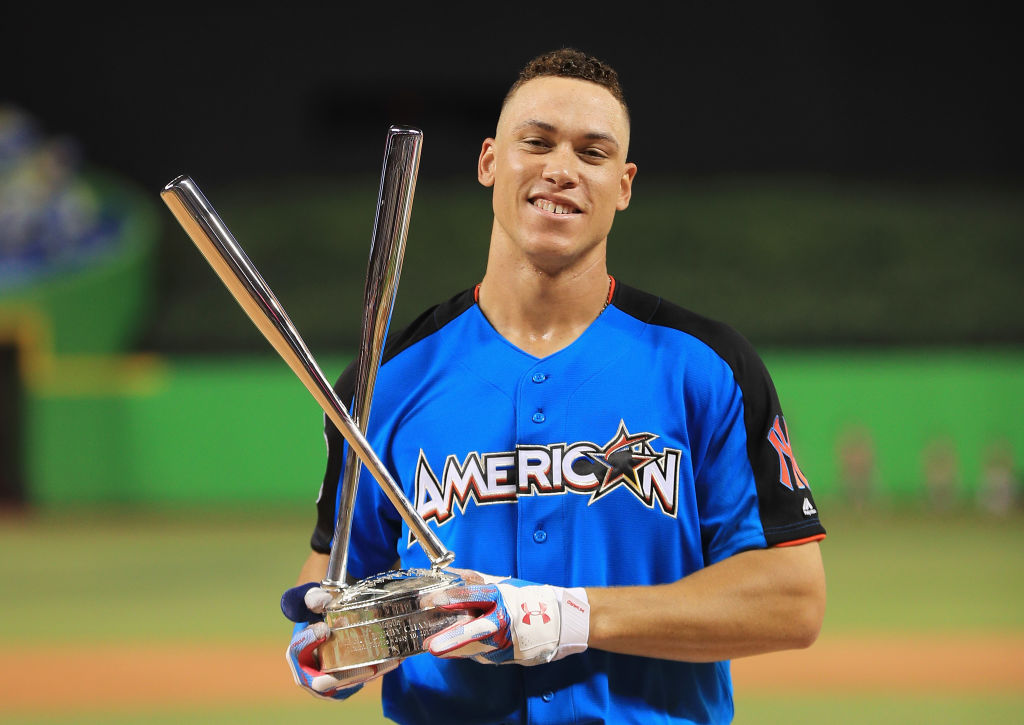 Yankees Star Aaron Judge At 1 000 Games His Path To Cooperstown
May 11, 2025
Yankees Star Aaron Judge At 1 000 Games His Path To Cooperstown
May 11, 2025 -
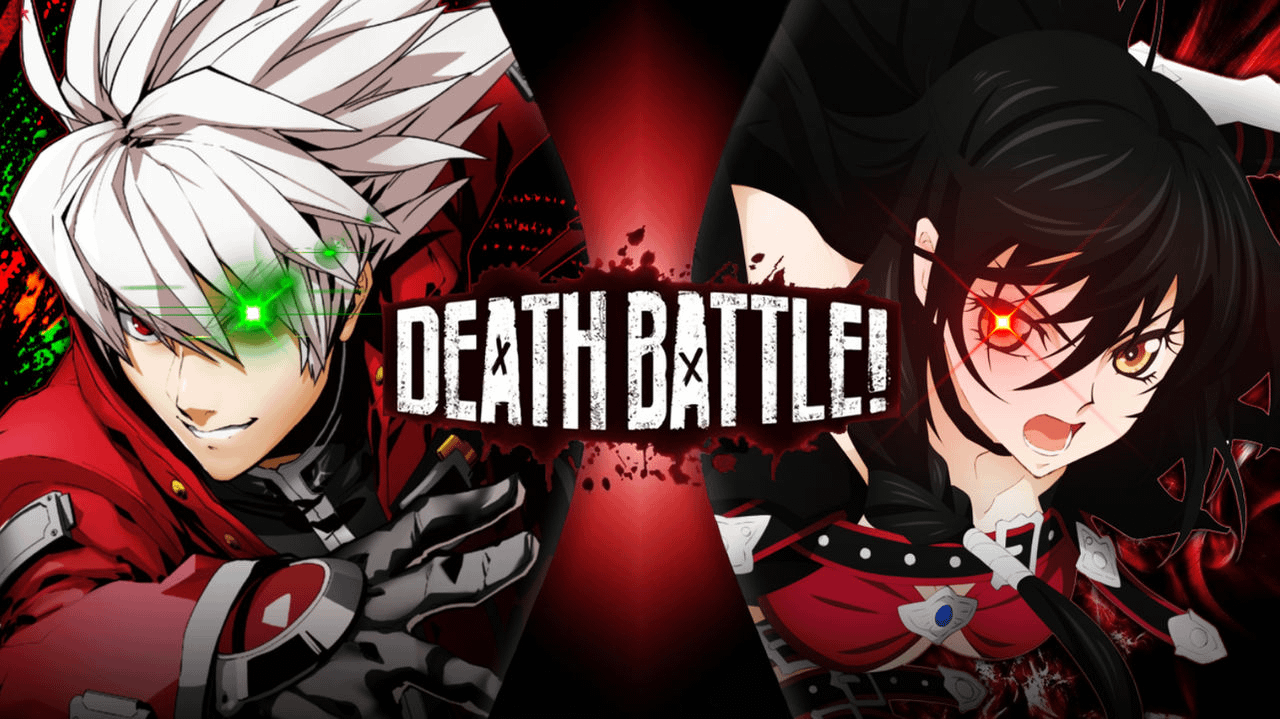 Get Tales From The Track Tickets Win Before They Re Gone Relay
May 11, 2025
Get Tales From The Track Tickets Win Before They Re Gone Relay
May 11, 2025 -
 Is City Name Michigan The Best College Town
May 11, 2025
Is City Name Michigan The Best College Town
May 11, 2025 -
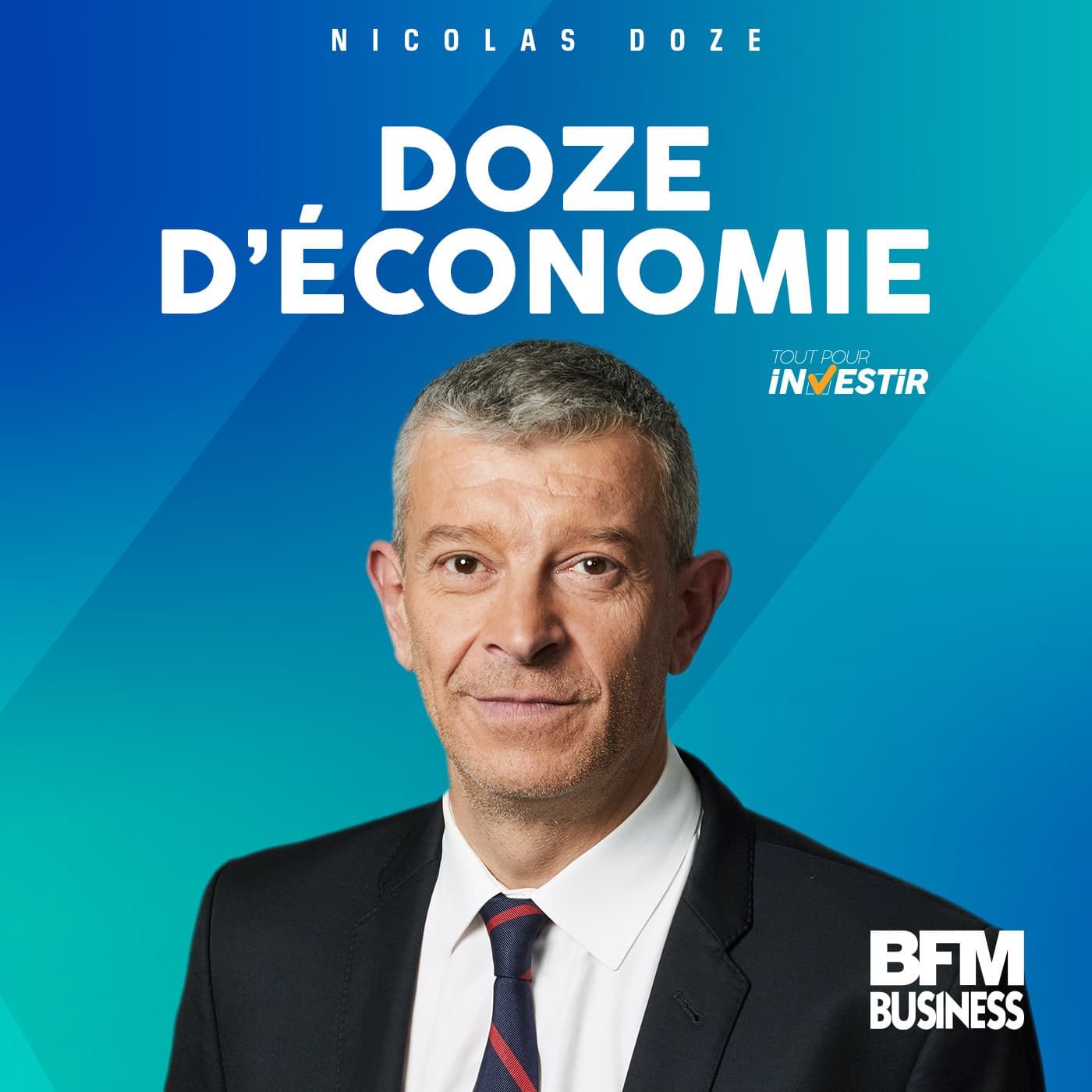 Doze D Economie Un Budget A Revoir
May 11, 2025
Doze D Economie Un Budget A Revoir
May 11, 2025 -
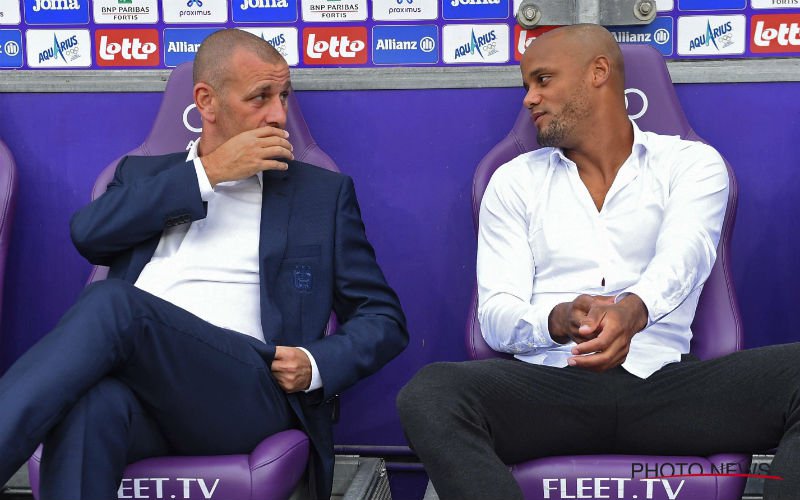 Kompany Krijgt Vernietigende Kritiek Een Vernederende Uitschakeling
May 11, 2025
Kompany Krijgt Vernietigende Kritiek Een Vernederende Uitschakeling
May 11, 2025
